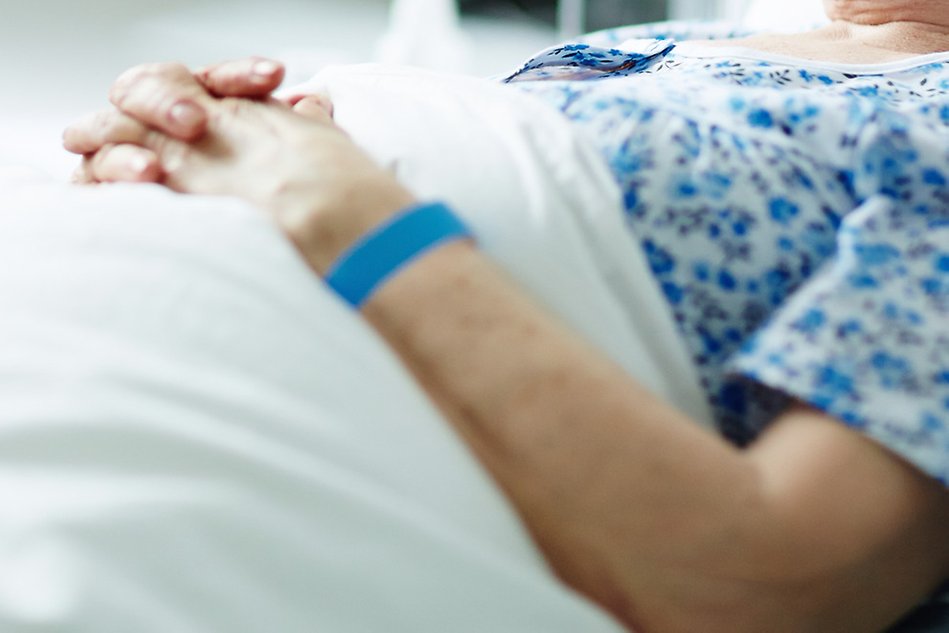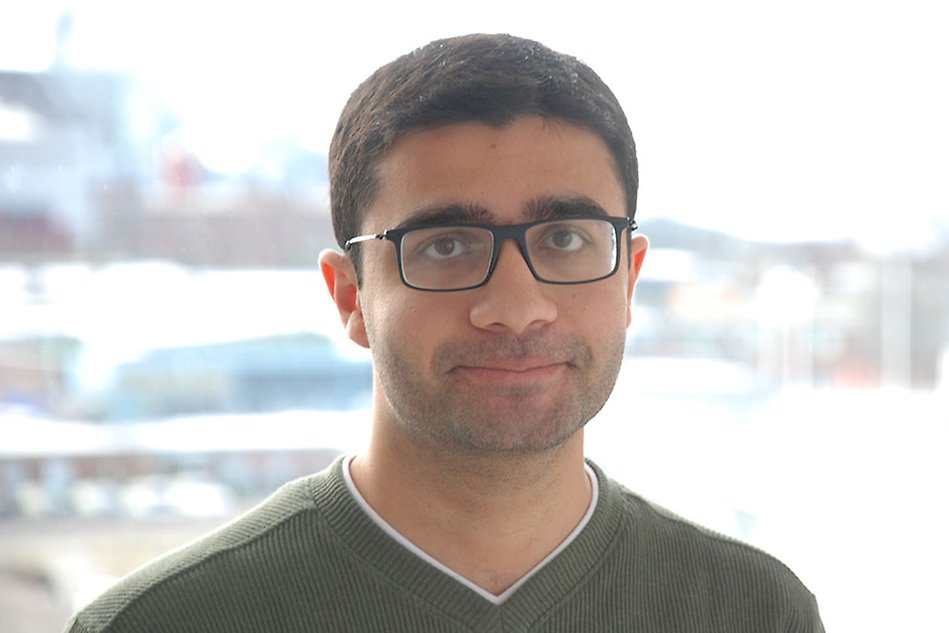Using AI to individualise care for heart patients in Halland
A growing elderly population puts great demands on our increasingly complex healthcare system. Ineffective decision-making can lead to a poorer quality of care for the patients, as well as escalating care costs. By using AI models based on clinical data from patients, doctors can be better informed about their patients and make fact-based and individual care decisions. Awais Ashfaq at Halmstad University is the AI researcher behind these models.

”Accurate prediction models can support clinician’s to make better informed care decisions about individual patients.”
Awais Ashfaq
Research in collaboration
“There is a need for smart decision support systems that can empower clinician’s to make better informed care decisions. Decisions, which are not only based on general clinical knowledge and personal experience, but also rest on personalised and precise insights about future patient outcomes”, says Awais Ashfaq, a PhD student in Signals and Systems Engineering at Halmstad University who recently published his licentiate thesis ”Predicting Clinical Outcomes via Machine Learning on Electronic Health Records”.
Awais Ashfaq’s research is part of a joint collaboration between Halmstad University and Region Halland in order to predict outcomes and demands of congestive heart failure (CHF) patients in Halland using machine learning.

Awais Ashfaq started his PhD studies at Halmstad University in 2017. He previously studied a Master’s program in Medical Engineering with a specialisation in Computer Science and Machine Learning Techniques at KTH Royal Institute of Technology in Stockholm. He holds a Bachelor degree in Electrical Engineering from the National University of Sciences and Technology (NUST) in Pakistan.
What are your research conclusions so far?
“We developed models that leverage expert features from clinical knowledge and raw Electronic Health Record (EHR) data to predict adverse clinical outcomes such as 30-days post discharge mortality and unplanned hospital readmissions. We provide evidence that the predictive performances of the models are enhanced when data-driven knowledge is complemented with domain knowledge and experience from clinical experts. Accurate prediction models can support clinician’s to make better informed care decisions about individual patients. We also exemplify the economic utility of the developed predictive models if targeted intervention plans are initiated for high-risk patients.”
Has your research led to any changes in care?
“The developed models have so far not been introduced in the real clinical workflow to support clinical decision making. It would first require a prospective validation study across several sites.”
Are there any surprising research findings that you can share?
“One of the many qualities of neural networks is their ability to generalize across multiple application domains. Different networks primarily designed for non-EHR analysis, for example language processing and time-series prediction, can be combined and adapted into a single framework to efficiently represent EHR data and predict patient outcomes. ”
You will continue with your research towards your PhD. What are your goals for that milestone?
“In the coming years, we would like to answer the research question: ‘What decides the outcome for a patient?’. While the developed models can influence clinical decisions for good, they do not help us solve the root cause of adverse outcomes. This is because we are often unaware of what variables or groups of variables most affect the prediction score and how. Put differently, the goal is not limited to accurate prediction of adverse outcomes but also to facilitate restructuring of care delivery in a way that reduces the number of cases for adverse outcomes in future.”
Text: Louise Wandel
Photo: Roland Thörner
Top photo: Istock
About Awais Ashfaq
Awais Ashfaq started his PhD studies at Halmstad University in 2017. He previously studied a Master’s program in Medical Engineering with a specialisation in Computer Science and Machine Learning Techniques at KTH Royal Institute of Technology in Stockholm. He holds a Bachelor degree in Electrical Engineering from the National University of Sciences and Technology (NUST) in Pakistan.
The research is conducted within the Center for Applied Intelligent Systems Research (CAISR) at the School of Information Technology at Halmstad University, in close collaboration with Region Halland and Health Technology Centre Halland (HCH). Awais Ashfaq divides his work week in Halmstad between the hospital and the University. The academic work is carried out at the University, whilst the data analysis is being done at the hospital. His supervisors at Halmstad University are Slawomir Nowaczyk, Anita Saint’Anna and Jens Lundström. Markus Lingman, a Medical Doctor and Strategist in the Halland Hospital board, is Awais Ashfaq’s supervisor at the hospital.
Read more
Licentiate thesis: ”Predicting Clinical Outcomes via Machine Learning on Electronic Health Records” External link, opens in new window.
News article about the start of Awais Ashfaq’s research (June, 2017): “Reshaping healthcare through artificial intelligence”
Center for Applied Intelligent Systems Research (CAISR)
Centre for Health Technology Halland (HCH)
Artikel på svenska: Att använda AI för individualiserad vård av hjärtpatienter i Halland External link.

